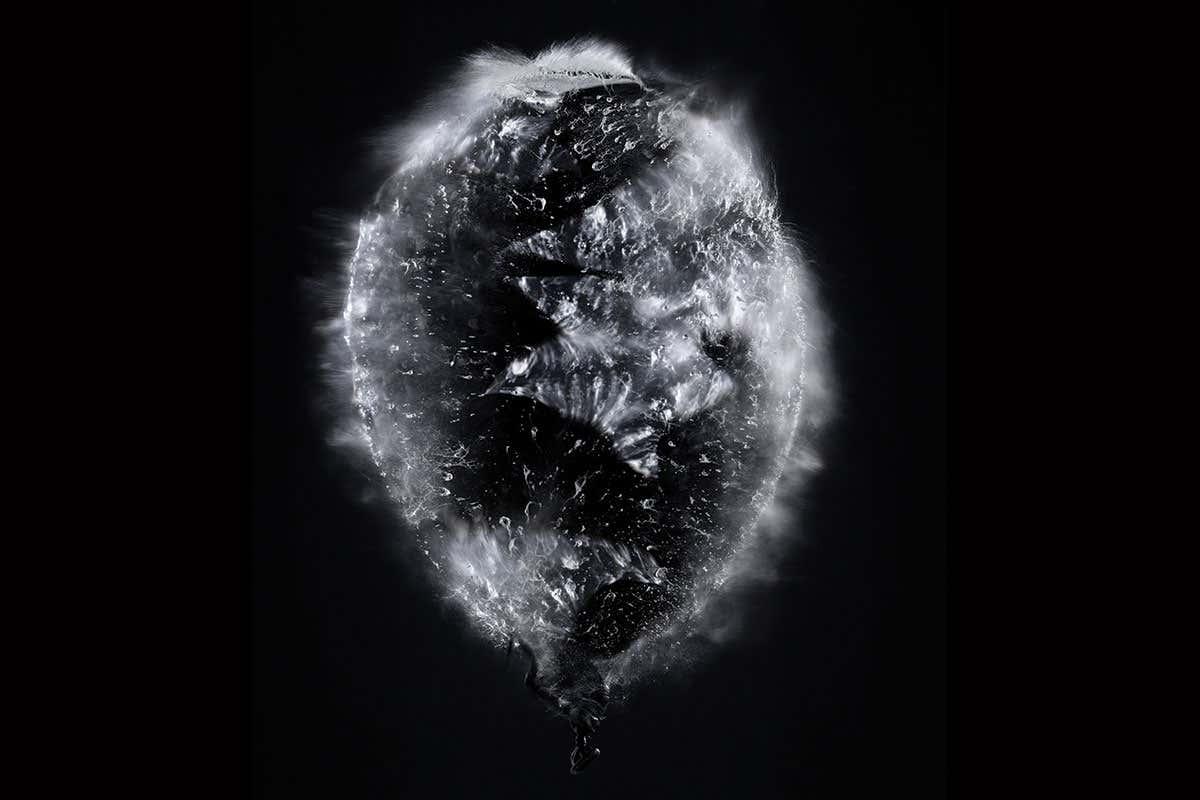What Came Before the Big Bang?
The Big Bang theory has captured the fascination of scientists, philosophers, and curious minds alike for decades. It provides a plausible explanation of how the universe began and how it has evolved over billions of years. However, the question that often arises is: what came before the Big Bang?
Although it may seem paradoxical, the concept of what existed prior to the Big Bang is still highly speculative. The reason for this is rooted in the very nature of the Big Bang itself. According to the theory, the universe was born out of a singularity, an infinitely small and dense point with enormous gravitational forces. This singularity suddenly expanded, initiating the expansion of space-time as we know it.
One of the most challenging aspects of understanding what came before the Big Bang lies in the limitations of our current scientific tools and theories. Our knowledge is based on well-established physics within the framework of general relativity. However, when it comes to explaining events beyond the point of singularity, the laws of physics as we know them break down. They simply can’t encapsulate or describe the extreme conditions that prevailed during this primordial epoch.
Still, scientists and cosmologists have proposed several intriguing theories to address the question of what potentially preceded the Big Bang. One such idea is the concept of a multiverse. According to this theory, our own universe is just one of many parallel universes that exist simultaneously on different cosmic scales. Each universe within the multiverse may have its own origins and set of physical laws.
Another hypothesis suggests that our universe is part of a cyclic model, where the Big Bang is not the one and only instance of creation. Instead, it posits that the universe goes through successive cycles of expansion and contraction, with each contraction leading to another Big Bang. This cyclic model suggests that the universe is eternal, and there is no defined beginning nor end.
Moreover, some researchers propose that what came before the Big Bang could be a different phase or state of the universe itself. This idea is driven by a fundamental principle in physics known as symmetry. It suggests that just as matter and antimatter particles can annihilate each other and transform into energy, the universe may have the potential to transform into a different state, giving rise to a new cycle of expansion.
Despite these theories, it’s important to note that they all remain highly speculative and lack substantial empirical evidence. The intricacies of the pre-Big Bang era are still a mystery to humanity. While science continues to progress, the technological and experimental limitations we face pose significant challenges to unlocking the secrets of the universe’s origins.
The question of what came before the Big Bang has historically been associated with philosophical ponderings about the nature of existence and the origins of the universe. It serves as a reminder of the boundless human curiosity and the inherent limitation of our understanding.
In conclusion, the mystery of what existed before the Big Bang remains unsolved. Our current scientific frameworks break down when confronting the extreme conditions that prevailed at that primordial moment. While some theories, such as the multiverse or cyclic models, propose potential explanations, they are still largely theoretical and lack empirical evidence. Unlocking the secrets of what came before the Big Bang remains one of the grandest challenges in the quest to understand the origins and nature of everything we know.
Hey Subscribe to our newsletter for more articles like this directly to your email.
